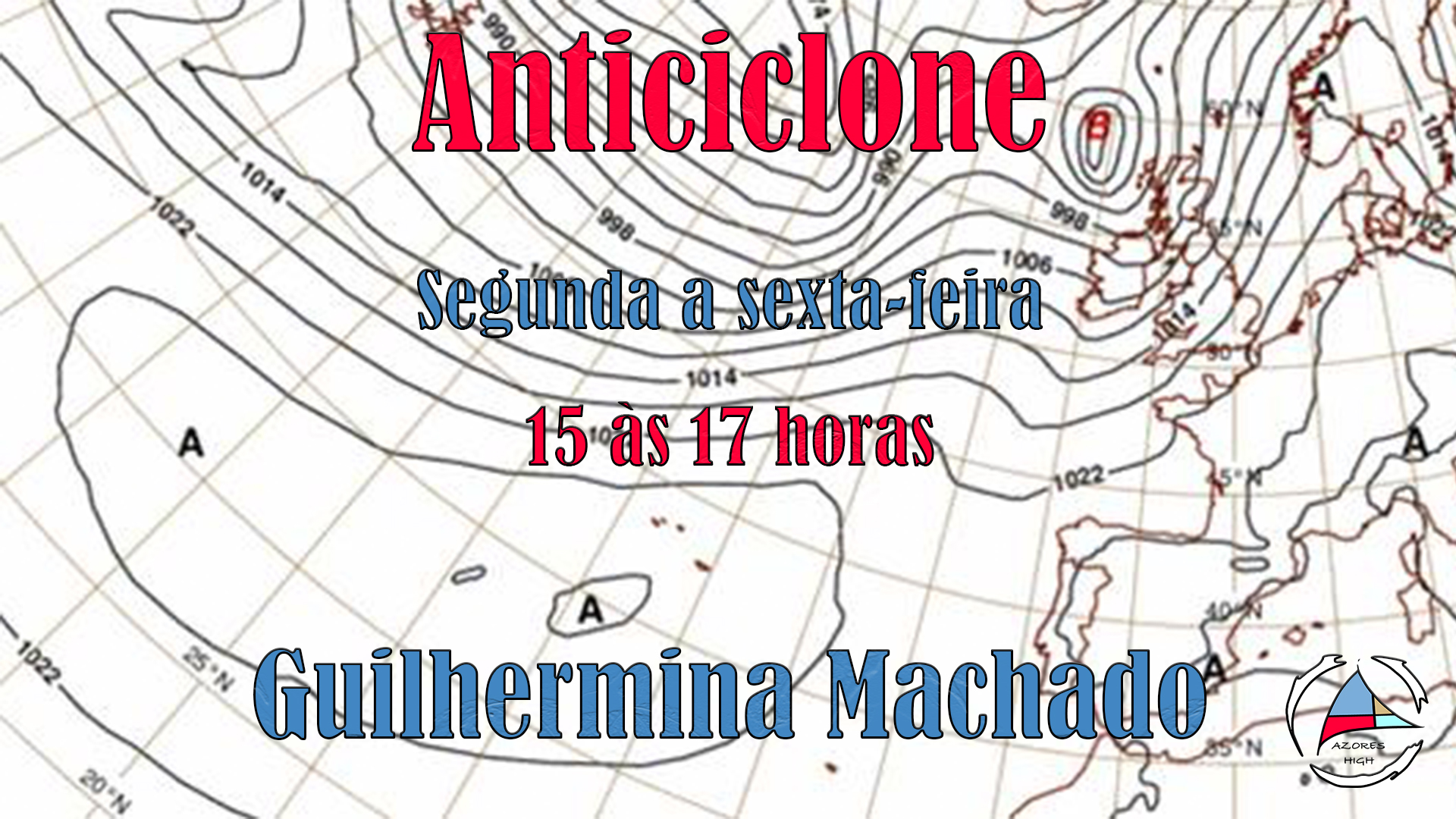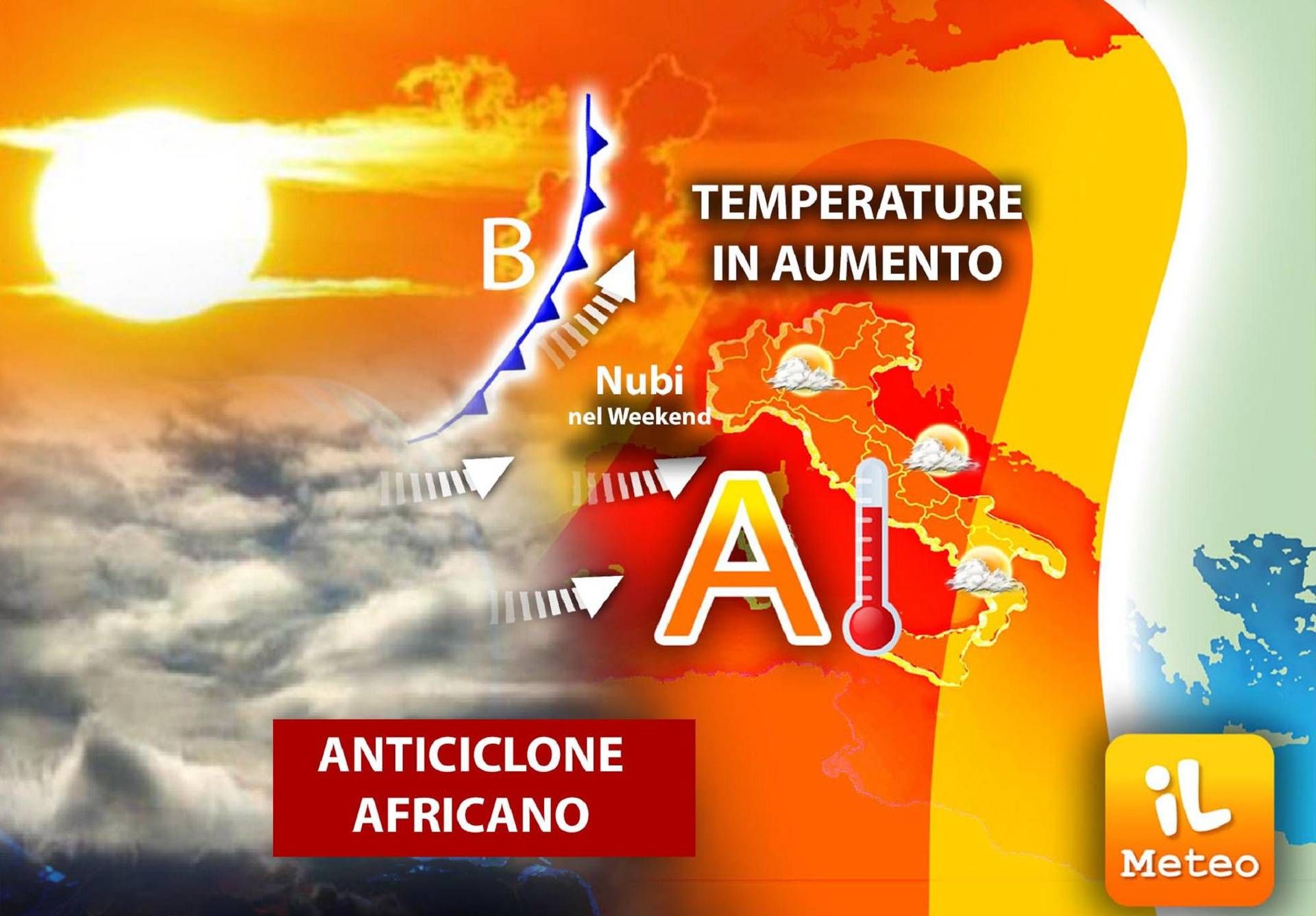Anticyclone: Breaking Down the Atmospheric Enigma
We might not pay much attention to them, but anticyclones have a profound impact on our daily lives. These regions of high atmospheric pressure shape our weather patterns, influence our health, and paint a mesmerizing picture in the sky. So, let's embark on an expedition to unravel the wonders of anticyclones.
1. The Anatomy of an Anticyclone
Imagine a serene atmospheric bubble where the pressure is higher than its surroundings. This bubble of calm is an anticyclone, the yin to a cyclone's yang. As air descends from the upper atmosphere, it compresses, warming and drying out. This creates a stable, clear sky and a sense of tranquility below.
2. Weather Weavers
Anticyclones are the architects of clear skies and the bringers of stable weather. The descending air acts as a shield, preventing clouds from forming. This results in abundant sunshine, low humidity, and a balmy atmosphere. Anticyclones can also lead to temperature inversions, where the air near the ground is colder than the air above, creating a layer of smog or fog.
3. Health and Well-being
The tranquil weather conditions brought by anticyclones can have a positive impact on our well-being. The stable atmosphere reduces allergies, improves air quality, and boosts our mood. However, prolonged exposure to anticyclones can also lead to health issues such as heatstroke, dehydration, and respiratory problems, especially for vulnerable populations.
4. Coastal Influences
Along coastal regions, anticyclones can create an onshore flow of air, carrying moisture from the ocean to the land. This can result in fog, drizzle, or even coastal flooding. Conversely, an anticyclone offshore can lead to an offshore flow, bringing drier conditions to the coast.
5. Global Impacts
Anticyclones can play a significant role in global weather patterns. They can influence the formation and movement of cyclones, steering them away from landmasses. Anticyclones also contribute to the formation of jet streams, which have a major impact on climate around the world.
6. Signs of an Anticyclone
Recognizing an anticyclone is relatively simple. Look for a clear, cloudless sky, low humidity, and a light breeze. If you notice a slight increase in air pressure, coupled with minimal wind speed, you're likely under the spell of an anticyclone.
7. Types of Anticyclones
Anticyclones come in various shapes and sizes. Thermal anticyclones form over warm surfaces, while dynamic anticyclones are created by the forces of atmospheric circulation. There are also migratory and stationary anticyclones, depending on their movement patterns.
8. Threats to Anticyclones
Climate change poses a threat to anticyclones. Rising temperatures and changing weather patterns can disrupt the formation and stability of these atmospheric giants. This can lead to more extreme weather events, such as cyclones, droughts, and floods.
9. Managing Anticyclone Effects
Understanding the effects of anticyclones is crucial for human health and infrastructure. We can implement measures such as air quality monitoring, heatstroke precautions, and coastal erosion protection to mitigate the potential risks associated with these atmospheric phenomena.
10. Scientific Explorations
Scientists are constantly studying anticyclones to unravel their complexities. By studying their formation, movement, and interactions with other atmospheric systems, we can improve our weather forecasting capabilities and better prepare for their impacts.
Anticyclone Facts at a Glance
| Attribute | Description |
|---|---|
| Definition | A region of high atmospheric pressure |
| Weather Conditions | Clear skies, low humidity, light winds |
| Health Impacts | Positive (improved air quality, reduced allergies) and negative (heatstroke, dehydration) |
| Coastal Effects | Onshore (fog) and offshore (dry conditions) flows |
| Types | Thermal, dynamic, migratory, stationary |
| Threats | Climate change, disruption of weather patterns |
| Significance | Influences weather, health, and global climate |
Karen Friedman Agnifilo Net Worth




